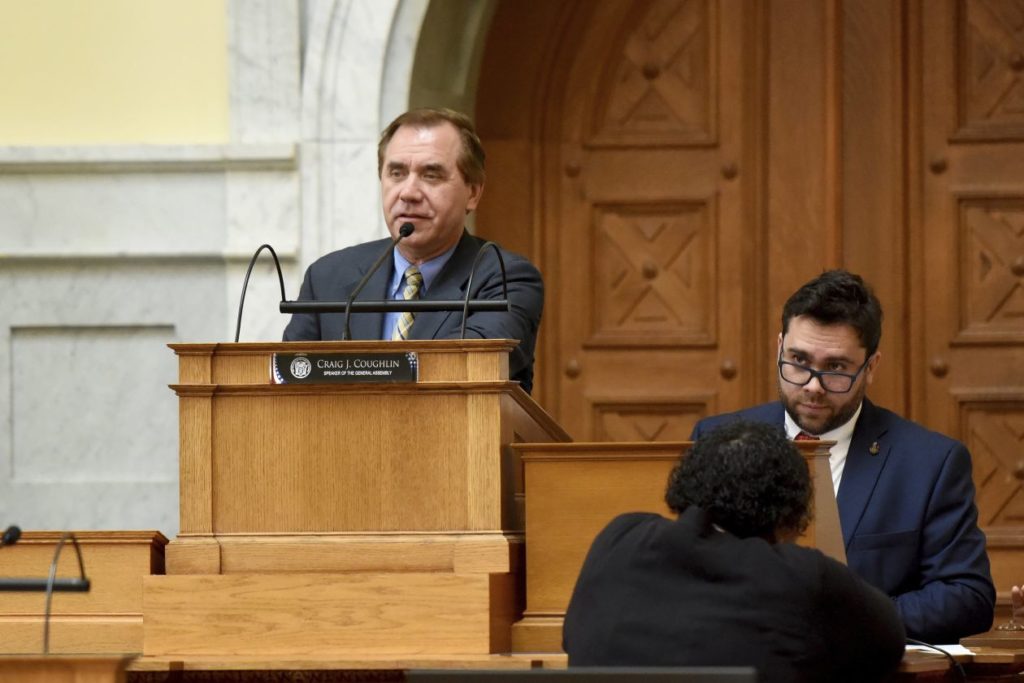Two years ago the New Jersey Schools Development Authority, responsible for building and renovating facilities in low-income districts, was mired in scandal. Murphy’s appointed chief of the SDA burnt through $12 billion in taxpayer funds, hired unqualified friends and family for key positions, and made the Governor look bad. Former Senate President Steve Sweeney wanted to dissolve the SDA altogether.
Now, according to Carly Sitrin at Politico (behind a paywall), Assembly Speaker Craig Coughlin has a draft of a bill to reform the way the SDA does business. But its reception has been lukewarm and one of the primary sticking points is it would “create a mechanism for charter schools to get state funding to build and renovate schools, among other changes to New Jersey’s school construction law.
That’s a deal-breaker for some folks, even though NJ’s public charter school sector serves almost all low-income students who are Black and Hispanic, many who live in school districts like Newark and Camden where, under the Abbott court rulings, school facility construction is paid for by the state.
Some “labor and education advocates,” reports Sitrin, said “including funding for charter schools could create legal issues for the state.” And, “many of the groups testified Monday against providing charter schools with state funding for school construction.”
For instance, Theresa Luhm of the Education Law Center, which litigated the Abbott decisions and opposes public school choice, said, “the Legislature cannot legally cover the cost of constructing charter and renaissance schools with funds allocated to projects in SDA districts, that the ‘one-size-fits-all”’ proposed standardization of school buildings won’t meet community needs, and that the provision SDA districts cover the cost for brownfields site remediation runs counter to the state’s Educational Facilities Construction and Financing Act.”
And the New Jersey School Board Association’s advocate Jesse Young, a legislative advocate said that “because charter schools need to have their charters renewed, investing construction funding would be a ‘pretty complex endeavor that raises a lot of logistical concerns.’ What would happen if the state invested in a new building for a school that the next year could have its charter revoked, he asked?”
Harry Lee, president of the New Jersey Public Charter School Association, pushed back:
‘Without a doubt, charter schools are meeting the needs of children who are under-resourced,’ or live in low-income households,’ Lee said. In some cases, he said, families may have one child in a charter school and another in a traditional public school. ‘Why would we preference one child over another?” he said.




